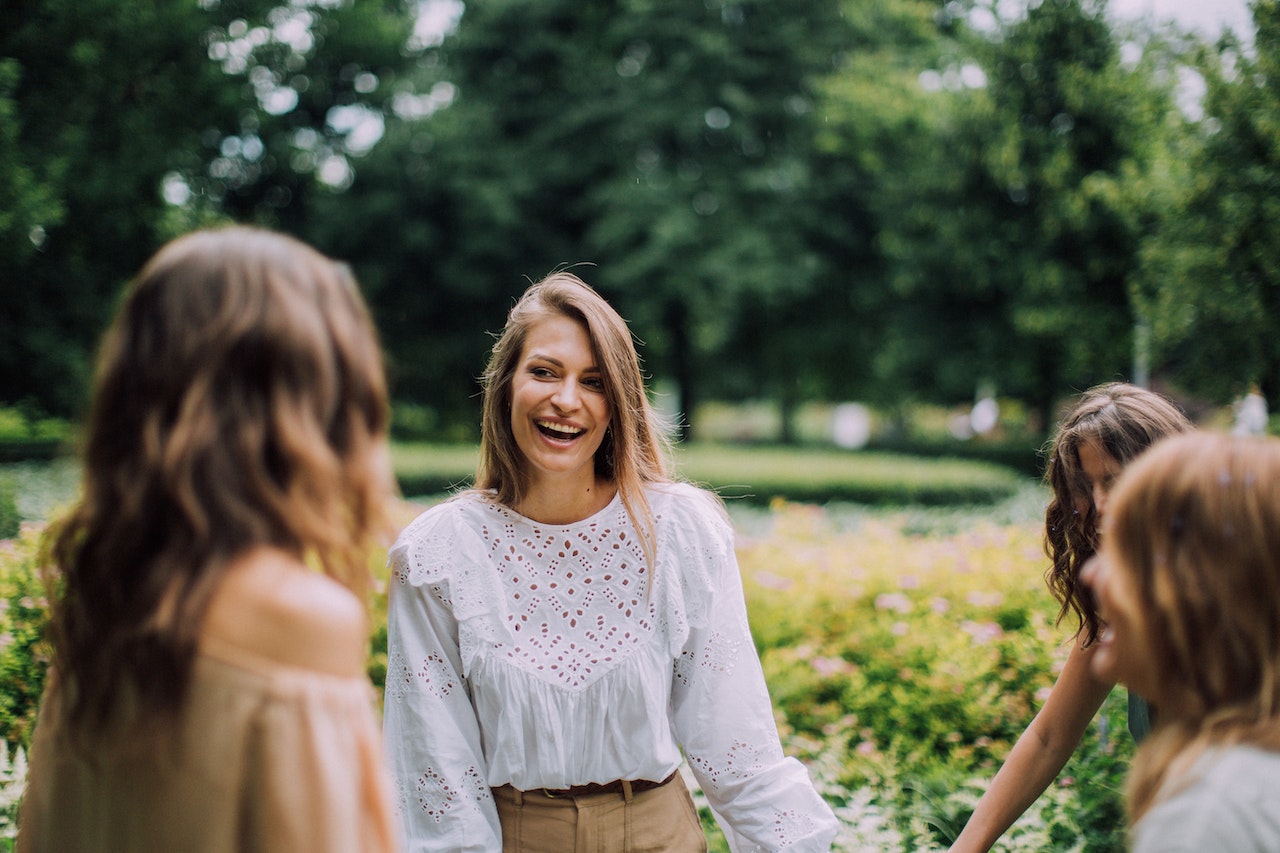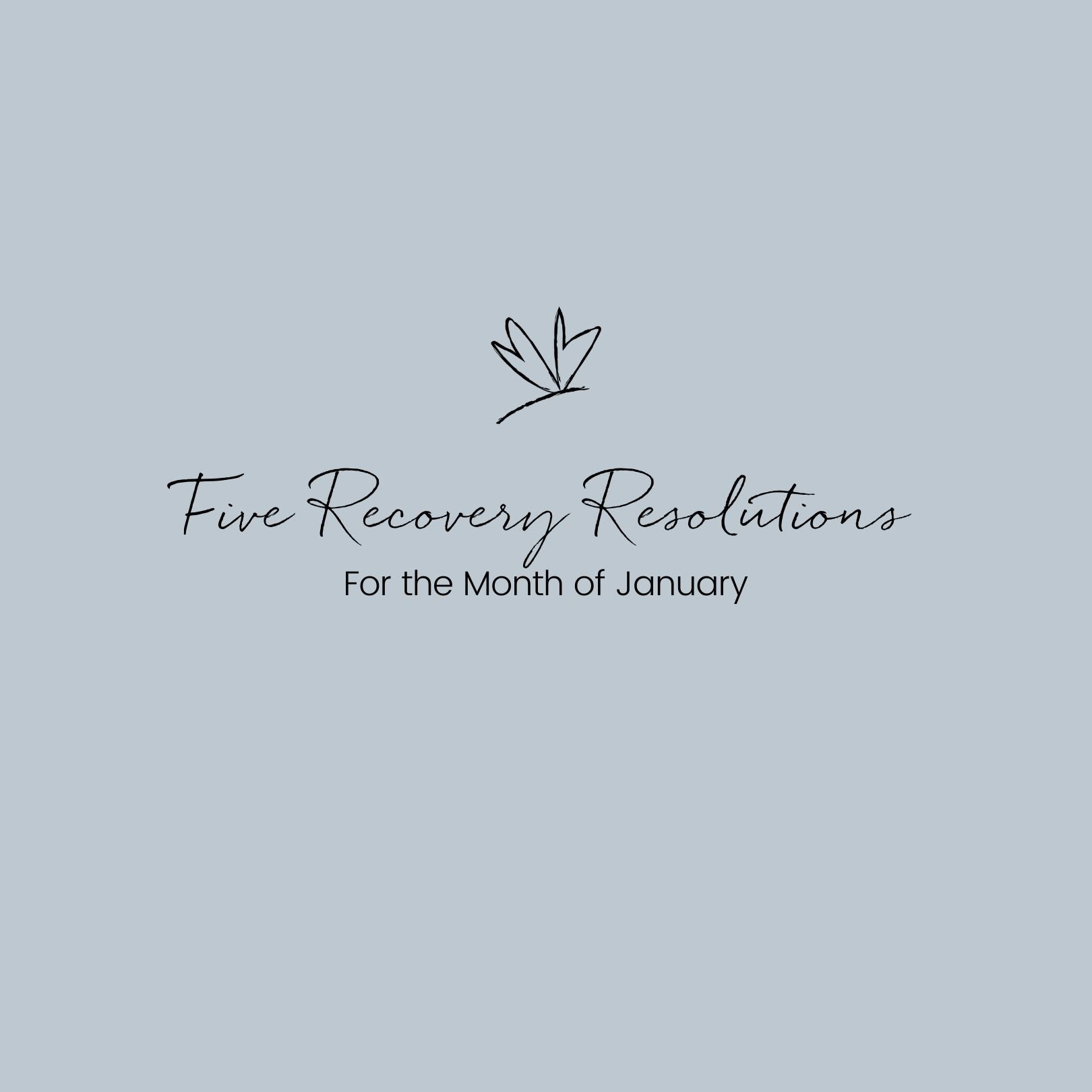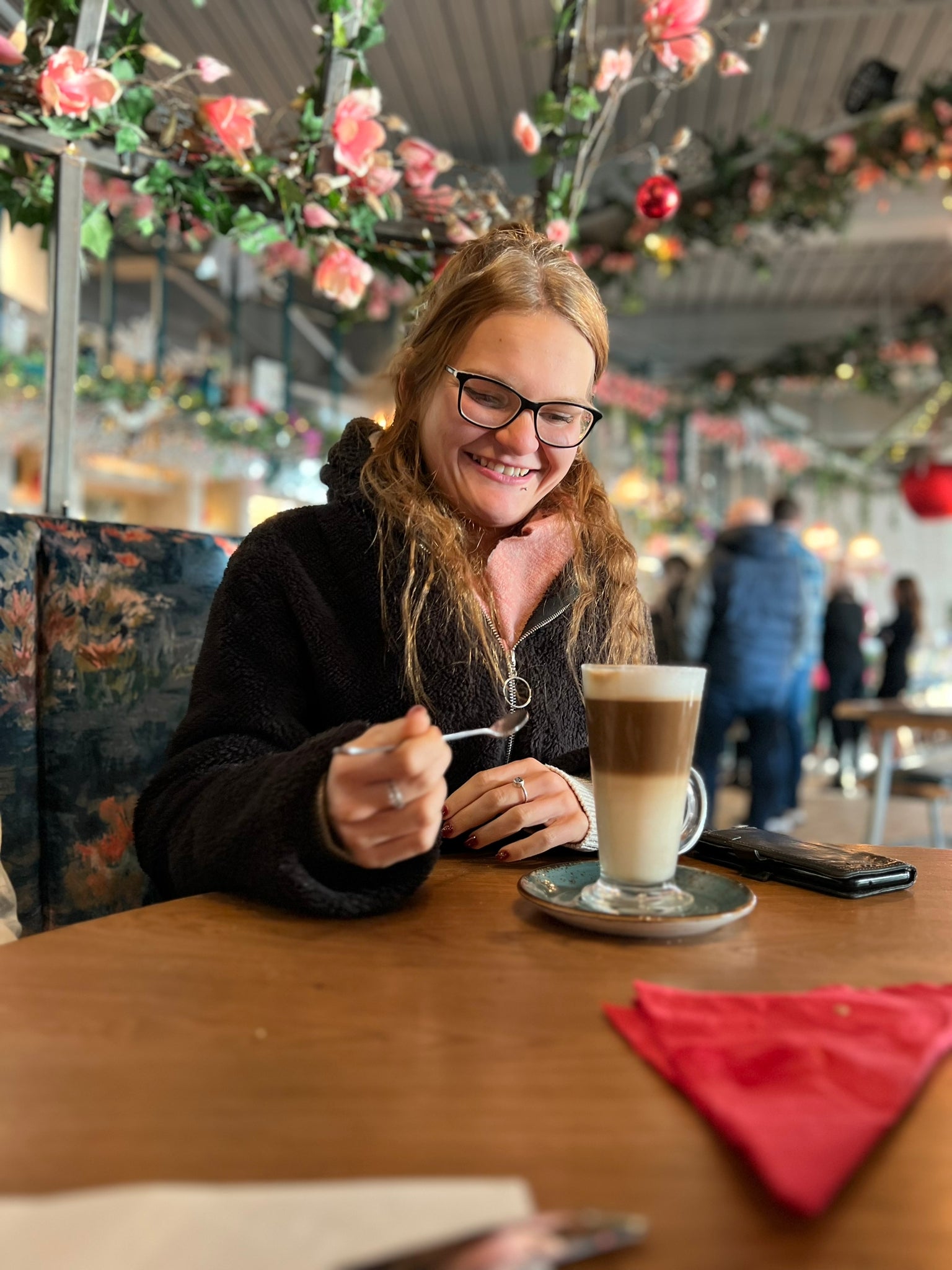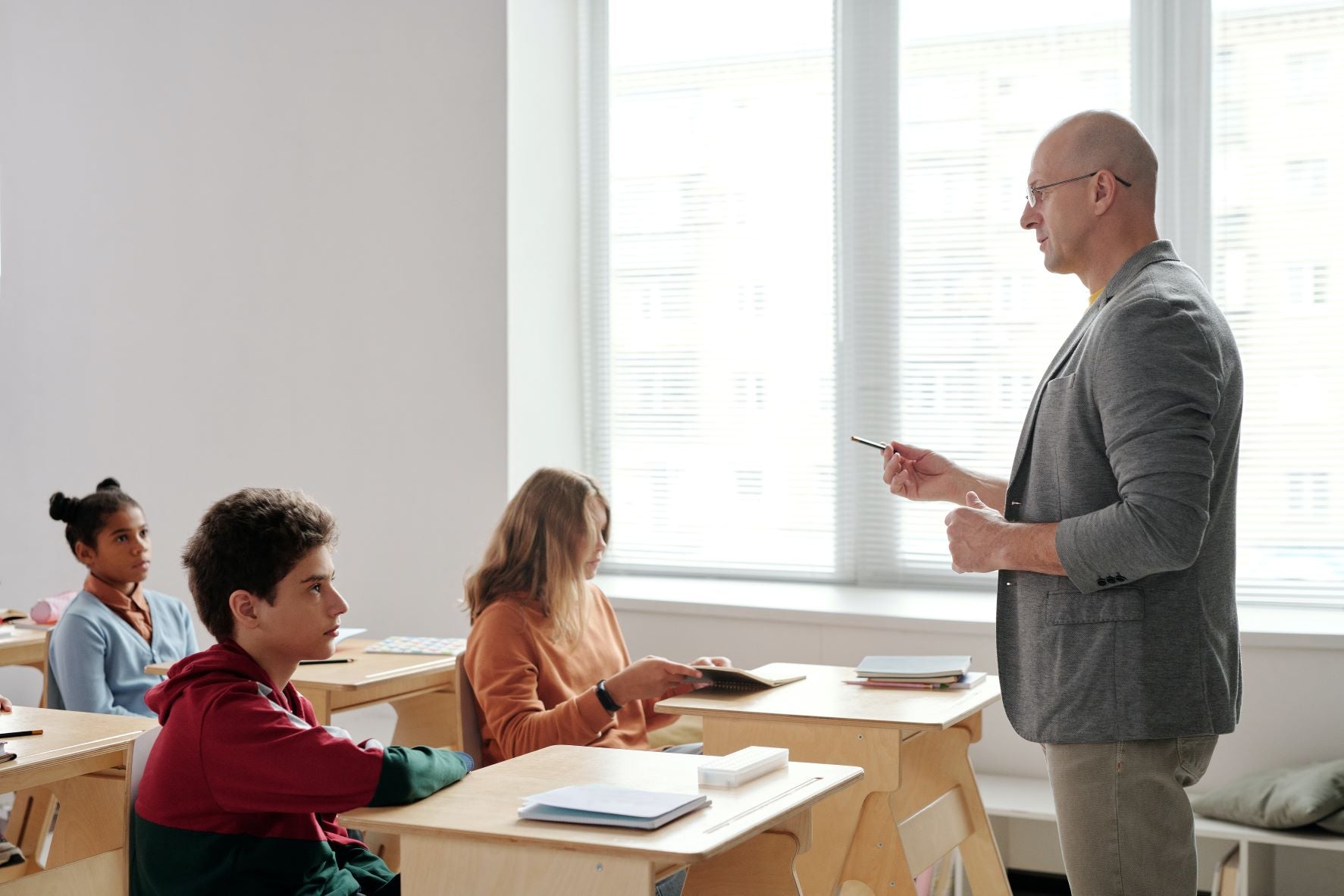The Loneliness of an Eating Disorder
In honour of Mental Health Awareness Week's loneliness theme, we turned to one mother, who was keen to share her story about how lonely she and her family have felt during the experience of her son having an eating disorder....
I am the mother of a now 15-year-old boy who has been in recovery from anorexia nervosa (AN) for the last two years. Between us, we have experienced many degrees of loneliness. I can tell you about what I experienced from the inside, and what my son went through as I saw it from the outside trying to look in.
“I can’t think of anything more traumatic for a parent than to see your child starve and yet you can’t do anything about it;” Eating Disorder specialist, psychiatrist Dr Pat Santucci; BBC Witness History, Anorexia nervosa @ 4.01
Watching your child unable to eat, refusing the foods they used to love, turning away from basic nutrition, trying to remain calm when every fibre of your body is panicking, screaming ‘please, just eat’ is many things. It is terrifying, it is upsetting, frustrating, all consuming, and incredibly isolating. Unless you have been through the day by day, meal by meal terror yourself, it is very hard to explain, much less understand. And AN recovery involves six meal/snack times every day, which adds up to huge helpings of, pretty much, non-stop fear for both my son and for us as his parents.
I’ll call my son ‘George’. By the time George had a formal diagnosis, we had already stopped being able to go out, or invite people round to share food. First, George skipped breakfast. Then he refused after school snacks. Next, evening meal portions got smaller. Then meals would be rejected altogether at the slightest provocation. George would simply say ‘no thank you’ and sit, arms folded for the duration of us cajoling, reasoning, and pleading. Or he would run away and hide in a different part of the house. Or the village. Or he would simply throw the drink across the room, or upend the hated plate of pasta. At that point we didn’t understand the fear he was experiencing.
So much of our culture’s socialising is based around food. I have realised that it is also an expression of love on my part; cooking a favourite meal, or a cake, a treat to a café, or pizza night on a birthday. My brother and his family came over one evening around that particular Christmas, the first time we had risked having anyone over since George’s diagnosis. George and my nephew had similar coats, and George had mistakenly worn his cousin’s one during dinner (he was still permanently cold). After they had left, my brother called me to say my nephew had discovered spaghetti bolognese in his coat pockets. George had started Family Based Treatment, and we had thought things were getting better. Instead, things deteriorated to the point he was admitted to a clinic for several months.
Even after he was discharged, I was too anxious to be absent during meals. I did not trust that anyone else would be consistent, resistant enough to ensure that George’s plate would be completely emptied. Every. Single. Mealtime. Even within a happy collaborative marriage, we, his parents, had different views on the importance of a clean plate. I saw anything less than an empty plate as a slippery slope; George’s father thought minimising his anxiety was the overriding objective. In such a context, how could we ever return to eating with other people, even if George could cope with the thought of other people watching him?
George had been the archetypal chatterbox, happy to engage with anyone and everyone. We joked with teachers that we didn’t know where the ‘off switch’ was. It turns out it was in a very specific gene that regulates response to food, and is itself activated when the body dips below a certain weight for height. The Easter before his diagnosis, George took part in a week-long holiday activity club. Only, after two days, he refused to go back. I saw photos of the group and went ballistic when I saw George sitting by himself when everyone else was fully engaged with what they were doing. I blamed the organisers - I didn’t know that the isolation was coming from inside George’s own head.
After diagnosis, the first thing to go was non-school football and athletics. Then all sports - my son had dreams then of being an Olympian, so that did not go down well. Next it was school altogether - George had previously always thrived at school, but refusing even 500 calories a day meant that his brain wasn’t getting the nutrition it needed to tick over, much less fuel what the AN voice wanted his body to accomplish.
Bit by bit his life was dismantled until, eventually, he was confined to a hospital bed. A few wonderful friends came to visit him when they could, but their visits reinforced his isolation, boredom and loneliness the rest of the time. George decided that he would rather stay in the hospital bed than suffer what he considered to be the indignity of being pushed around in a wheelchair. His boredom sank into despair. He started talking about not wanting to be there anymore, and he didn’t mean the hospital. Eventually, he wrote down his suicidal ideation on the hospital tray; a photo of that pretty quickly turned into an admission to a specialist clinic. Just as Covid arrived.
George’s isolation became extreme when his temperature rose. He had to self-isolate within the clinic for a week each time this happened. Eventually, the staff realised that the temperature spike was a reaction to a nasogastric tube feed, not a sign of infection. Not being able to see my child when he was going through extreme self-loathing (expressed as deliberate self-harm) and isolation was torture. He had lost touch with everything he knew, including his own sense of self. And his family couldn’t even be there to support him.
All the residents in the clinic had to create a place mat to be used at mealtimes. On it, they used motivational pictures and phrases, and listed what they wanted to return to. My son’s recovery was motivated by a desire to return to school, to be with his friends, and to get a puppy. He has done all of these.
This summer he is returning to the very same holiday club at the unprompted request of the organiser. He is about to sit a GCSE a year early, with another 10 next year. He currently wants to be an astrophysicist. I firmly believe he can do whatever he turns his mind to. Post traumatic growth has given him a newfound inner confidence, though one that did not develop overnight. He has had a growth spurt putting him where he should be for his current age, rather than freezing him in time at the age his body was when AN took over. His bones have almost finished repairing themselves, though their density is being actively monitored.
The loneliness lasted a while longer for me. I was broken by the experience, exhausted by being on red alert 24/7. I didn’t want to talk about it, but couldn’t think about anything else, so shunned company. I am slowly returning to my old hobbies and older friendships.
I gave up my career, my hobbies, my friendships to support George to fight his demons. I am still damaged by the process, but wouldn’t hesitate to do so again. What is more important than your own child’s life, after all?
I have to learn to trust that what George went through is his own motivation to never return there.
And daring to believe him is the foundation of my road out of a carer’s isolation and back to the fullness my own life.
Jacqie Kohler
- May 2022





